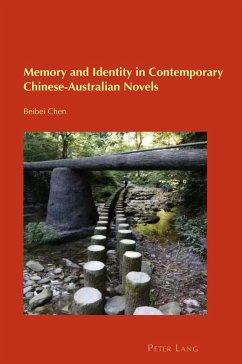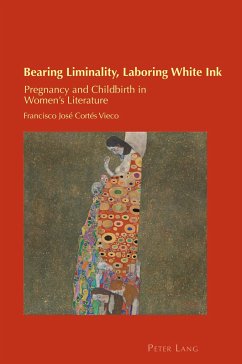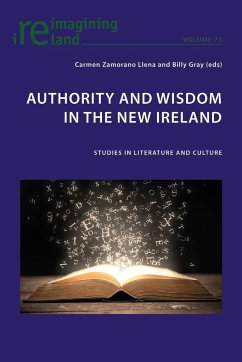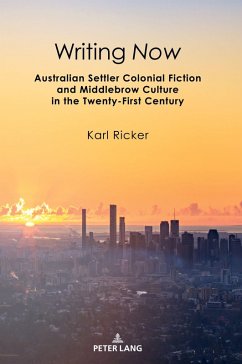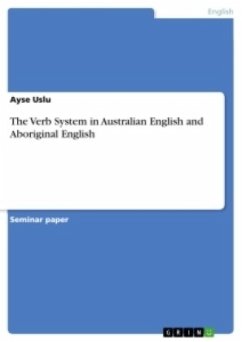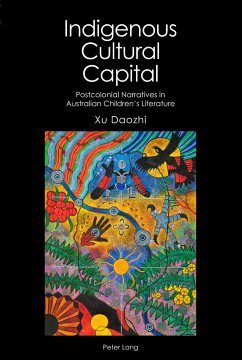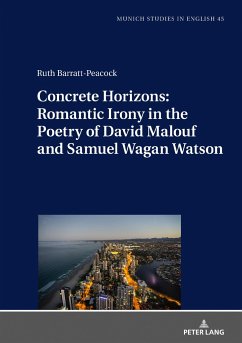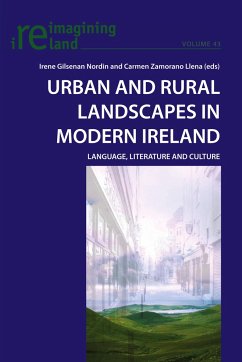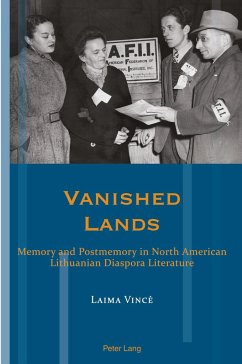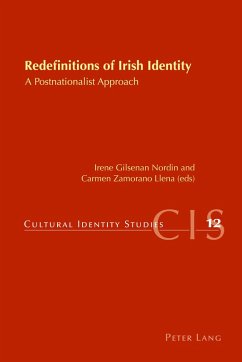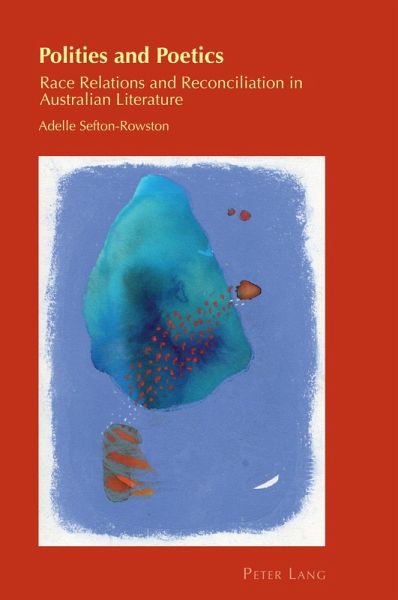
Polities and Poetics
Race Relations and Reconciliation in Australian Literature
Herausgegeben: Zamorano Llena, Carmen; Gray, Billy; Stier, Jonas
Versandkostenfrei!
Versandfertig in 6-10 Tagen
66,20 €
inkl. MwSt.
Weitere Ausgaben:

PAYBACK Punkte
0 °P sammeln!
A reconciliation movement spread across Australia during the 1990s, bringing significant marches, speeches, and policies across the country. Indigenous and non-Indigenous Australians began imagining race relations in new ways and articulations of place, belonging, and being together began informing literature of a unique new genre. This book explores the political and poetic paradigms of reconciliation represented in Australian writing of this period. The author brings together textual evidence of themes and a vernacular contributing to the emergent genre of reconciliatory literature. The nexu...
A reconciliation movement spread across Australia during the 1990s, bringing significant marches, speeches, and policies across the country. Indigenous and non-Indigenous Australians began imagining race relations in new ways and articulations of place, belonging, and being together began informing literature of a unique new genre. This book explores the political and poetic paradigms of reconciliation represented in Australian writing of this period. The author brings together textual evidence of themes and a vernacular contributing to the emergent genre of reconciliatory literature. The nexus between resistance and reconciliation is explored as a complex process to understanding sovereignty, colonial history, and the future of society. Moreover, this book argues it is creative writing that is most necessary for a deeper understanding of each other and of place, because it is writing that calls one to witness, to feel, and to imagine all at the same time.





